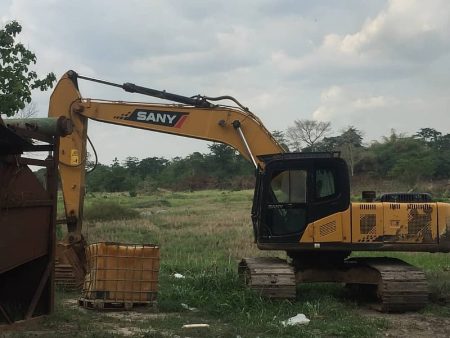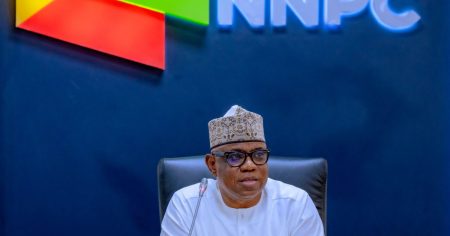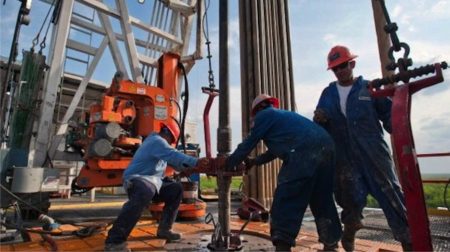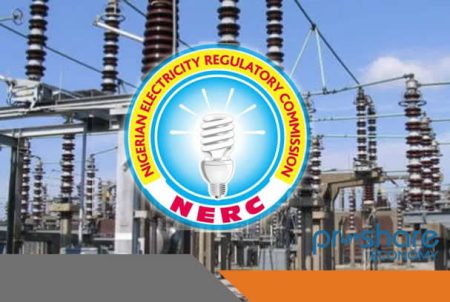The Crushing Weight of Indirect Taxes on Nigerian Ports: A Deep Dive into the Challenges and Potential Solutions
The Nigerian maritime industry, a critical component of the nation’s economy, is grappling with a significant challenge: the high cost of doing business, particularly due to indirect taxes. This burden has rendered Nigerian ports uncompetitive compared to their counterparts in neighboring countries, resulting in a steady decline in cargo traffic and revenue. The Shipping Association of Nigeria (SAN), represented by its Chairman, Mrs. Boma Alabi, has voiced serious concerns about this issue, highlighting the detrimental impact of these taxes on the Nigerian business environment. She argues that these excessive charges are driving customers away, diverting cargo traffic to ports like Cotonou and Lome, which offer significantly lower costs. This loss of business represents a significant blow to the Nigerian economy, hindering growth and development.
The discrepancy in port charges between Nigeria and its neighbors is stark. While Tema Port in Ghana, with its dedicated container terminal and advanced infrastructure, handles 1.9 million TEUs annually, Nigerian ports lag behind, processing only 1.2 million TEUs. This disparity underscores the competitive disadvantage faced by Nigerian ports, a disadvantage directly attributed to the high cost of operation, largely driven by indirect taxes. This disparity is not merely a statistical anomaly; it represents a tangible loss of revenue and economic opportunity for Nigeria. The high costs discourage businesses from utilizing Nigerian ports, leading to a decline in trade and investment.
Further exacerbating the situation is the perceived anti-business stance of the Nigerian government, a stance that, according to Mrs. Alabi, has effectively rendered the Blue Economy Project dead on arrival. This ambitious project, intended to harness the economic potential of Nigeria’s vast coastline and maritime resources, is now seemingly stalled due to unfavorable government policies. The lack of support and the burden of excessive taxes have stifled investment and growth in the maritime sector, undermining the potential of the Blue Economy Project to contribute significantly to the nation’s economy.
Stakeholders within the industry, including Ramesh Saraf, Deputy Managing Director of CMA/CGM Nigeria, echo these concerns. Pointing to the underutilization of the Lekki Free Trade Zone and the high operating costs at Lekki Deep Sea Port, Saraf highlights the stark reality of the situation. He notes that the cost of operation at Lekki Deep Sea Port is triple the global average, a staggering difference that makes it incredibly difficult for the port to attract and retain business. This high cost ultimately translates to higher prices for consumers and reduced competitiveness for Nigerian businesses engaged in international trade.
The recent 15% increase in transshipment charges has further compounded the problem, making Nigerian ports even less attractive to international shipping lines. Saraf emphasizes that these charges are now three times higher than those imposed by competing ports, effectively pricing Nigerian ports out of the market. This escalation of costs further discourages businesses from utilizing Nigerian ports, exacerbating the decline in cargo traffic and further hindering the growth of the maritime sector. The cumulative effect of these high charges is a significant erosion of Nigeria’s competitiveness in the global shipping industry.
Addressing these issues requires a comprehensive and proactive approach from the Nigerian government. A crucial first step is a thorough review of the existing port charges and taxes. This review should involve extensive consultations with stakeholders, including shipping companies, port operators, and industry experts, to ensure that the revised charges are competitive and aligned with international best practices. Furthermore, the government needs to reconsider its perceived anti-business stance and adopt policies that encourage investment and growth in the maritime sector. This includes simplifying bureaucratic procedures, reducing red tape, and promoting transparency in port operations. By creating a more conducive business environment, the government can attract much-needed investment and revitalize the maritime industry, unlocking its vast potential for economic development.














